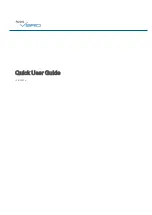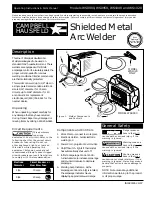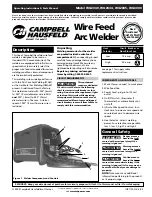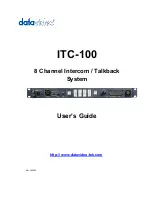
16
Alpha SolarSmart 150 - Installation
4.9
CONNECT THE PIPEWORK - Fig. 16
1.
Thoroughly flush out all the water pipework. Ensure that all the plastic caps are removed from all connections.
Note: If soldering union bends, ensure that the bends are not connected to the valves etc., otherwise the internal seals
may be damaged.
2.
Connect the pipework from the unvented kit to the solar cylinder.
Note: No valves must be fitted between the cylinder and the unvented kit.
3.
Connect the system pipework to the boiler and the discharge pipe to the heating system pressure relief valve.
Do not forget that the pressure relief valve discharge pipe must be routed clear of the boiler to a drain in such a manner
that it may be seen, but cannot cause injury to persons or property. Refer to the boiler instructions.
4.
Connect the discharge pipework to the temperature/pressure relief and expansion relief valves via the tundish supplied.
This pipework must be installed as recommended in Unvented Hot Water Storage System, Section 3.3.
5.
Ensure that all the valves are closed (spindle flats at right angles to valve) and do not turn on the water supply at this stage.
4.10
ELECTRICAL CONNECTIONS - See Fig. 18 and Refer to Wiring Diagram Section 9
1.
Remove the screws from the front of the control box - hinge the bottom cover down and the top cover up to provide
access to the terminals on the control board. Refer to Section 2.7 for details of all electrical connections required.
2.
Connect the Drain Back Unit pump - The drain back unit pump is fitted with a 7 metre cable. Route the cable to the solar
cylinder control box. Connect the wires as follows:
Brown wire to terminal 9, Blue wire to terminal 8 and Green/Yellow wire to
.
Ensure that the cable is secured in the cable clamp (5 in Fig 18).
3.
Connect the Collector Sensor - The sensor has a 7 metre cable. Plug the white sensor cable into the blue connector sensor
cable and route the cable to the solar cylinder control box. Connect the White and Brown wires to terminals 2 and 3.
Ensure that the cable is secured in the cable clamp (6 in Fig. 18).
Note: When using two or more collectors, only one sensor is connected to the control box - Connect the sensor from the
collector in the more shaded condition.
4.
Connect the cylinder sensors to the corresponding Red and White plugs in the control box. (terminal 15). Use cable
clamp 1 as shown in Fig. 18.
5.
Connect the cylinder pump plug to terminal 13. Use cable clamp 2 as shown in Fig. 18.
6.
Connect the overheat thermostat to terminal 12. Use cable clamp 3 as shown in Fig. 18.
7.
Connect the Mains Supply - Refer to Sectioin 2.7.
Note: The solar cylinder has been fitted with a mains supply cable. However, if it is necessary to fit an alternative supply
cable refer to Section 3.1 and release the cable clamp (4 in Fig. 18). Connect the new lead as follows:
Brown wire to L, Blue wire to N and Green/Yellow to the earth terminal.
Note: Ensure that the length of the earth wire is such that if the supply cable is pulled out of its clamp the live and neutral
wires become taut before the earth wire.
8.
Connect an earth wire from the earthing screw on the cylinder pump manifold to the earth terminal in the controller.
9.
Do not switch on the electrical supply at this stage.
Do not make any connections to terminals 4, 5, 6, or 7 and do not fit any other controls.
Fig. 18
Collector sensor
DBU pump
Overheat
thermostat
Cylinder
pump
Cylinder
sensors
Mains supply
230 V 50 Hz
Fused 3 Amp
Earth screw on
cylinder pump manifold
6
4
5
3
2
1
1
2
3
4
5
6
For latest prices and delivery to your door visit MyTub Ltd - www.mytub.co.uk - [email protected] 0844 556 1818













































